Immigration News

USCIS Adds National Security Measures
Following the shooting of two National Guard members by an Afghan national, USCIS now allows country-specific negative factors to be considered when reviewing applicants from 19 high-risk countries. This guidance strengthens vetting under Presidential Proclamation 10949 and applies to requests filed or pending on or after November 27, 2025.
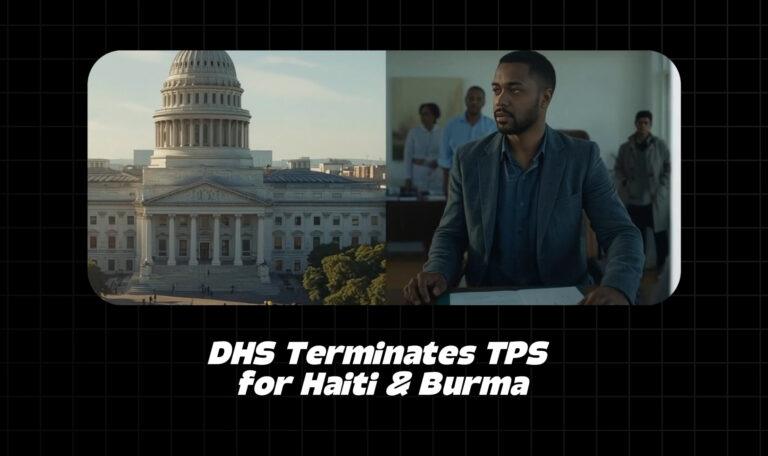
DHS Terminates TPS for Haiti and Burma
The Department of Homeland Security has announced the termination of Temporary Protected Status (TPS) for both Haiti and Burma. TPS for Haiti will end on February 3, 2026, and beneficiaries without another lawful status are advised to prepare for departure. CBP’s Home app now allows self-deportation, providing a plane ticket, a $1,000 exit bonus, and potential future immigration opportunities. TPS for Burma has also been terminated following USCIS and interagency review, which concluded that conditions in the country now allow for safe return. Secretary Noem stated that continuing to allow Burmese nationals to remain temporarily is no longer in the U.S. national interest.

Federal Immigration Operations Expand in North Carolina
Federal authorities are denying more work visa and green card applications, checking social media, tightening credential reviews, and conducting more border interrogations and workplace visits. The changes affect many skilled professionals, including engineers, doctors, and professors.
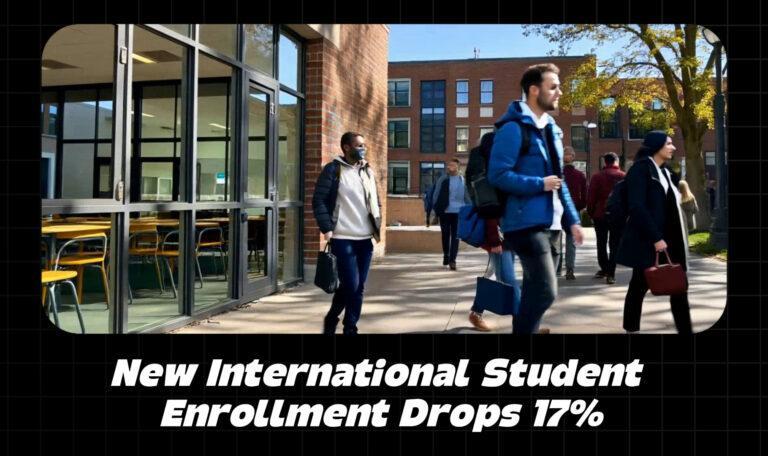
New International Student Enrollment Drops 17 Percent
Federal authorities are denying more work visa and green card applications, checking social media, tightening credential reviews, and conducting more border interrogations and workplace visits. The changes affect many skilled professionals, including engineers, doctors, and professors.

Federal Agencies Increase Scrutiny of Work Visas and Green Cards
Federal authorities are denying more work visa and green card applications, checking social media, tightening credential reviews, and conducting more border interrogations and workplace visits. The changes affect many skilled professionals, including engineers, doctors, and professors.

Tech Companies Lead H-1B Visa Approvals in 2025
Amazon, Meta, Microsoft, Google, and Apple topped approved H-1B petitions in FY 2025, while Indian-based firms saw major declines. The H-1B cap remains 65,000 plus 20,000 for U.S. advanced degree holders, and international students make up about 70% of AI-related CS graduate enrollments.
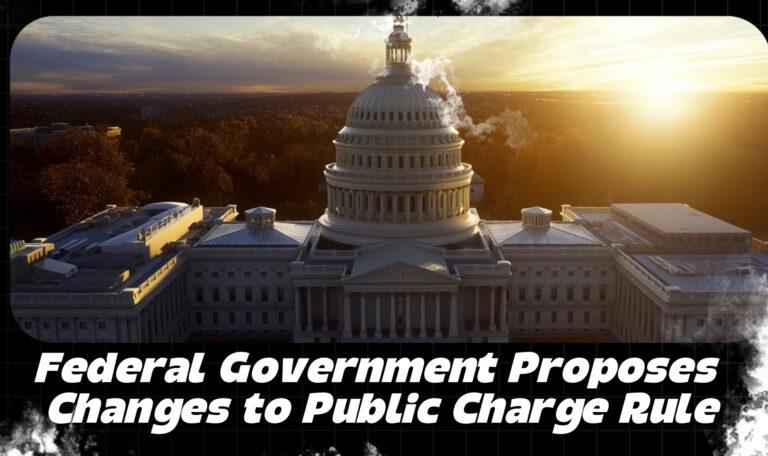
Federal Government Proposes Changes to Public Charge Rule
Federal agencies have proposed expanding the public charge rule to include more benefits such as SNAP and Medicare when reviewing green card and immigration applications. This change would replace the current rule and will soon open for public comment.
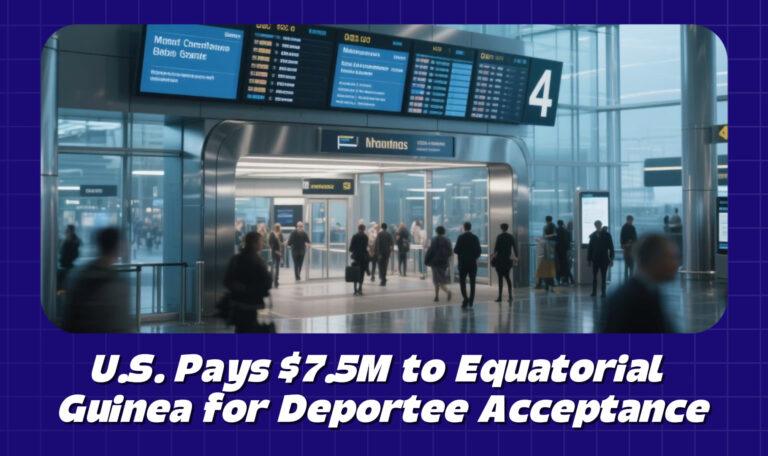
U.S. Pays $7.5M to Equatorial Guinea for Deportee Acceptance
The Trump administration paid $7.5 million from refugee assistance funds to Equatorial Guinea to accept U.S. deportees; the first time such funds were used this way. Senator Jeanne Shaheen called it “highly unusual” given corruption and human-rights concerns under President Teodoro Obiang, in power for 46 years.
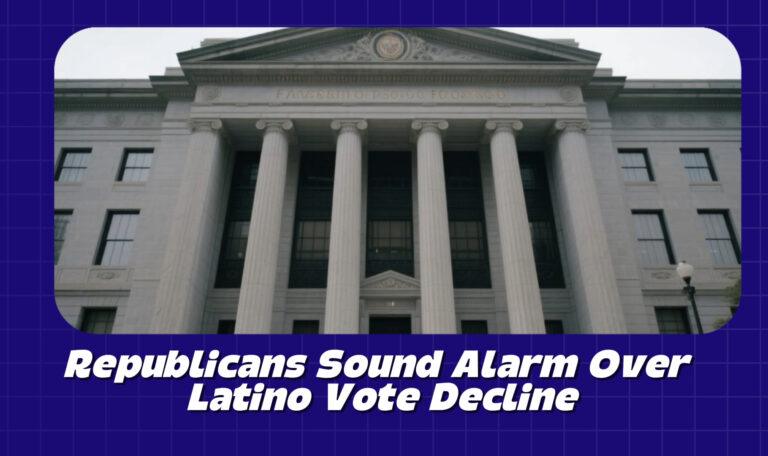
Republicans Sound Alarm Over Latino Vote Decline
Republicans are worried after Latino voters shifted back toward Democrats in recent off-year elections. Exit polls show Democratic governors-elect in New Jersey and Virginia winning 68% and 67% of Latino votes; a 25-point swing from 2024. Rep. Maria Elvira Salazar called it a “wake-up call.”

Padma Lakshmi Champions Immigration Through Food
Padma Lakshmi’s new cookbook, Padma’s All American, highlights immigrant communities as the backbone of American cuisine. Born in India and naturalized after 50 years in the U.S., she left Top Chef in 2023 to focus on advocacy with the ACLU. The book builds on her Emmy-nominated series Taste the Nation.
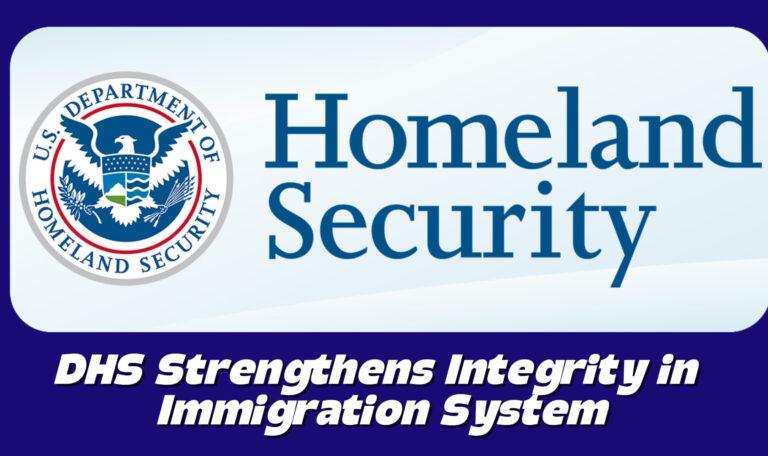
DHS Strengthens Integrity in Immigration System
On November 13, 2025, USCIS announced major reforms including ending TPS for Afghanistan and Venezuela, tougher naturalization rules, expanded fraud checks, more social-media vetting, and a new $100,000 fee for H-1B petitions. The agency says these changes aim to protect U.S. workers and improve system integrity.
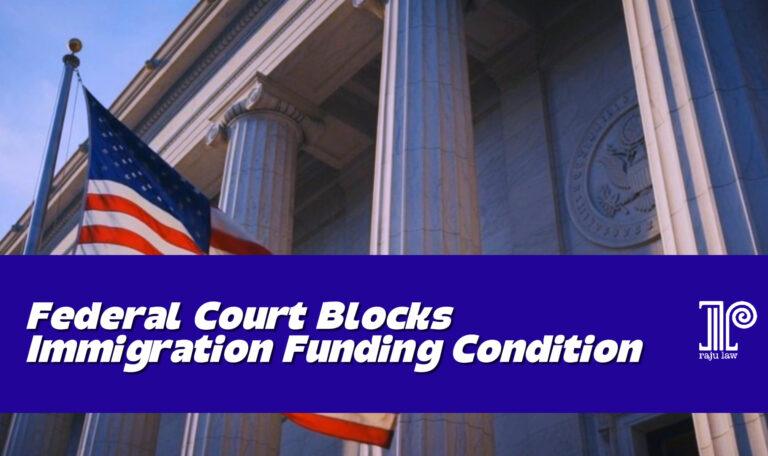
Federal Court Blocks Immigration Funding Condition
A federal judge in Rhode Island has blocked the Trump administration from withholding transportation funding from states that don’t comply with federal immigration enforcement. The court ruled the policy unlawful, marking another setback to Trump’s efforts to tie grants to immigration cooperation.
